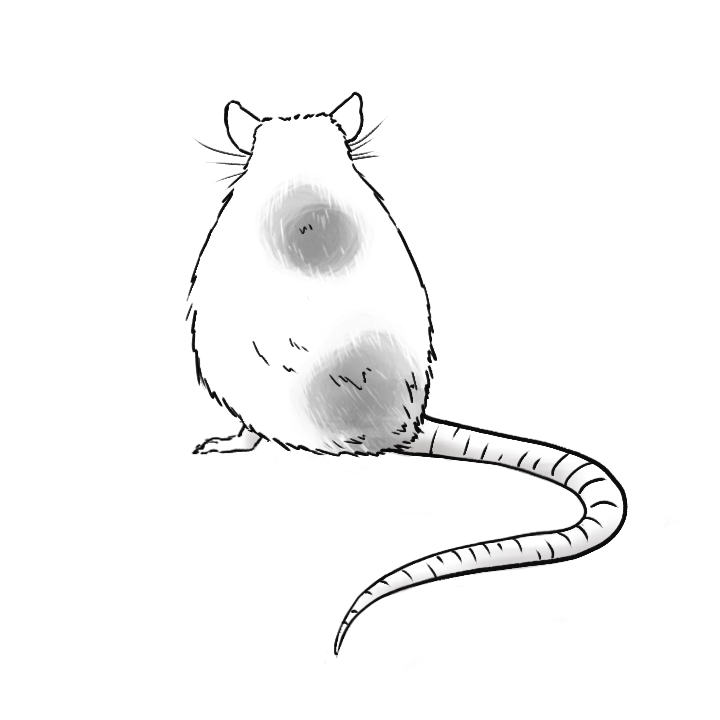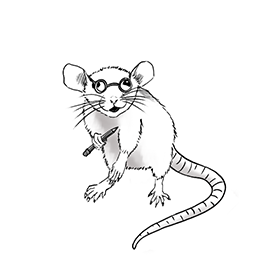I recently used the word “further” in a WhatsApp conversation with my brother and was promptly corrected by him: “It’s farther left!” D’oh! Done it again!
Of course, in theory, I know the difference. But sometimes I just have a slip of the tongue – or finger, in this case. And I’ll bet you’ve had the same problem, too.
So, why does this happen to so many of us? Why do we actually have to think before we say the word further, to make sure we’re using it correctly? This question has led to further research into the matter on my part.
As it turns out, I wasn’t completely wrong – and I was even in good company. According to an article in Merriam-Webster’s dictionary, authors as accomplished as Mark Twain or C.S. Lewis have used the words interchangeably throughout history. In fact, if you look up the word “farther” on thesaurus.com, the first synonym you will find there is “further”!
So, does that mean they are the same? Well, no, they’re not. Let’s have a look at how further and farther are normally used. We’ll start with the easier one:

Rats can hold their breath for several minutes when diving.
Farther
Farther is the comparative form of the adjective far and is usually understood to mean “beyond” or “more distant”. In other words: It denotes a physical distance that you can measure.
The farther you go in, the deeper it gets.
Further
This is where it gets a bit more interesting as there are three different ways further can be used:
1. As a verb
To further means to “promote, advance, encourage, or help”.
2. As an adjective or adverb denoting figurative distance
Used as an adjective or as an adverb, further means “continued, ongoing, to a greater extent, or moreover”.
We will have to think further about this topic.
So, while farther measures a physical distance, further is more about figurative distances. Here is a small test to help you find out if you’ve got it right: If you can replace the word with “additional(-ly)” or “more”, then it should probably be further.
3. As an adjective or adverb denoting physical distance
Yes, you’ve read correctly. Just like farther, further can also refer to a physical distance, especially in cases where the physical distance becomes somewhat figurative.
Nothing could be further from the truth.
In both of these examples, I could just as well have used farther. Or as Webster’s puts it: “As adverbs, they still are interchangeable when applied to distance (of the spatial, temporal, and metaphorical varieties).” And this is precisely why so many of us struggle with the difference between the two words.
That being said, even accomplished authors have gotten the latter part of that rule mixed up and used fartherto mean “additionally”. In other words: While there is a difference between the two words, you won’t automatically be seen as a complete English amateur if you confuse them here and there. And if someone does complain, remind them or Mark Twain!
PS: If you’d like to look into that article I quoted, this is it:
https://www.merriam-webster.com/words-at-play/is-it-further-or-farther-usage-how-to-use

2 Comments
Aloysius Ngombe Mbako · 12 February, 2022 at 20:31
I like your methodical way of dealing with the subject. I have enjoyed this bit so far and will return quite often. I want to write a novel and believe that learning to proofread, copy editing, and content editing will help me to write much more easily. What’s your opinion?
The Editorat · 12 February, 2022 at 22:22
Hi! I’m so glad you liked it. 🙂 To answer your question: While I am sure my writing has profited in some way by my skills in proofreading and copy editing, I don’t think it is really necessary for writing. What is most important in writing a novel is that you have a good story and that you tell it in a way that will keep your readers interested. There are, of course, a few things to keep in mind, so I would suggest reading a book about writing. Un-fortunately, I’ve only read German ones, so I don’t have a suggestion for you. I will, howev-er, be talking about novel writing in my blog. The first English language post is scheduled for next Friday. Maybe that will be helpful.